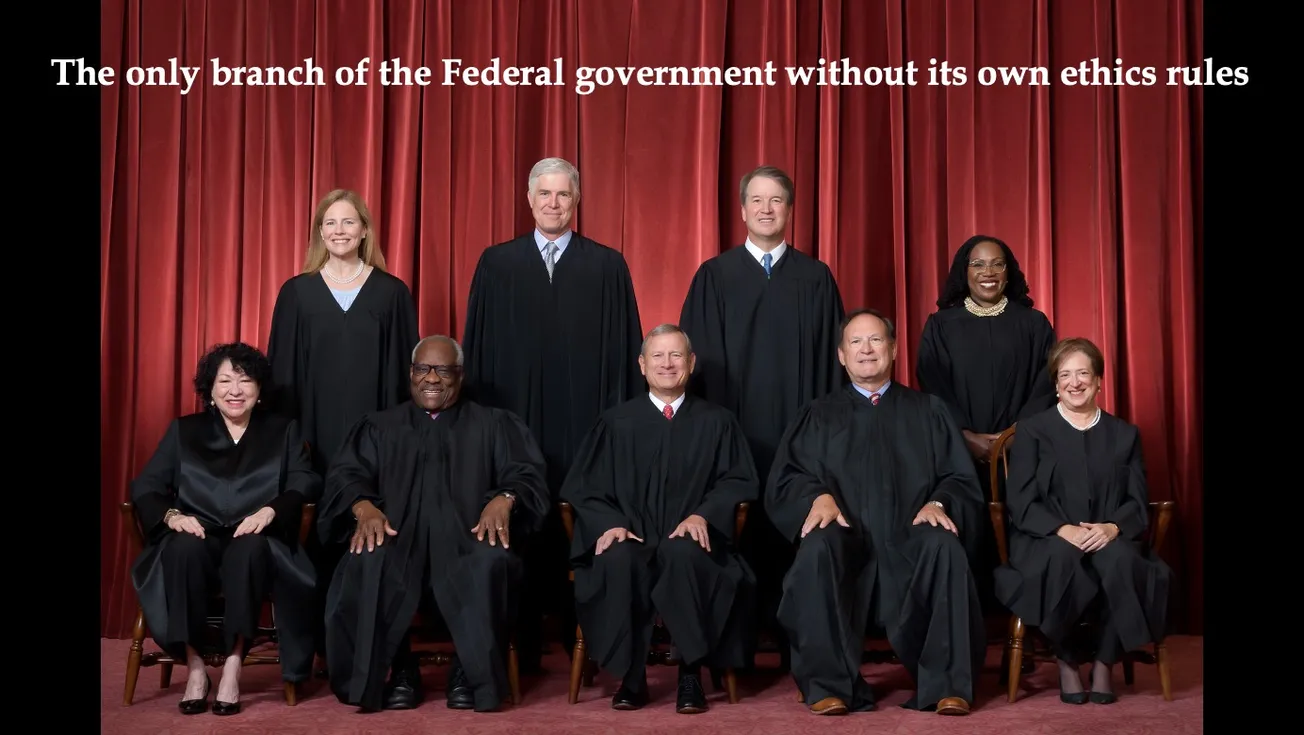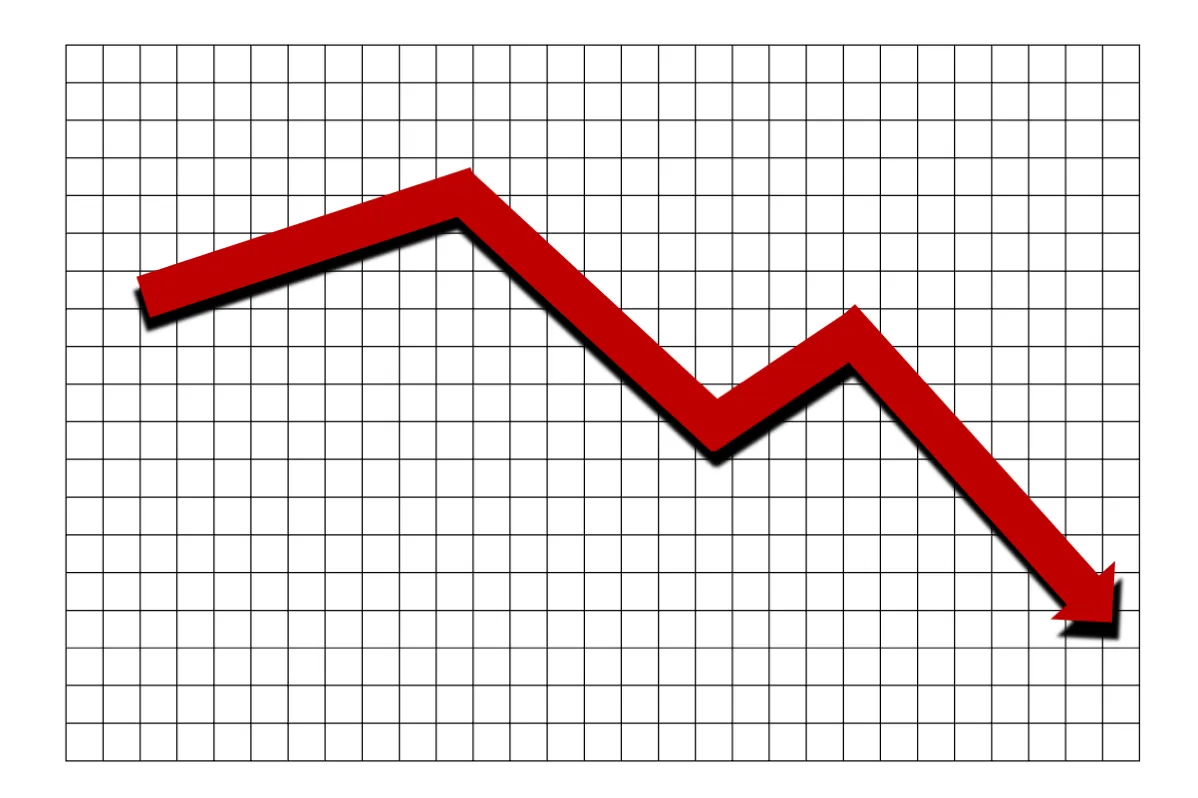Following the recent revelations about the alleged misdeeds of two Supreme Court judges, namely Clarence Thomas and Samuel Alito, calls are beginning to emerge in Congress for some definitive guidelines for members of the Court. Oddly, the Court seems to be the only arm of the federal government that does not have a strict code of conduct.
Thomas and Alito are two of the justices who have served longest on the current Court, Roberts having served only one year longer than Alito. Alito was appointed in 2006 and Thomas in 1991. It makes one wonder if justices become so comfortable in their position that they assume they can venture off into questionable practices with little consequence. Certainly, Thomas’s tenure of 32 years should demonstrate why the terms of justices should be limited.
A recent news article pointed out that Senate Democrats are attempting to craft some definite procedures and guidelines by which the Court must operate, a bill titled S359 – Supreme Court Ethics, Recusal, and Transparency Act of 2023. At the same time, Senate Republicans are quoted as saying that the reforms stand no chance of passage because they are prepared to filibuster them into oblivion, and not a single Republican co-sponsored the bill.
If the Court is truly as non-partisan as we are all led to believe, why are Republicans so adamant about resisting some modest conduct requirements? Could it be because the court is so right-leaning at the moment that Republicans have no wish to upset that circumstance, even to the point of allowing justices to conduct themselves without any oversight at all?
Chief Justice Roberts has spoken of the Court’s commitment to “the highest standards of conduct” but made it clear that he wanted any changes to come from within the court itself and not by way of litigation. Yet there is no evidence that the Court is doing anything in that regard.
Both conservative and liberal justices have failed in personal oversight. Neither Justice Sotomayor nor Justice Gorsuch recused themselves recently from cases involving a publishing company with whom they had book deals.
It is likely that the exposure of Justice Thomas’ conflicts has fueled the current demand for reform within the court. He reportedly has received private flights, luxury vacations, tuition for a child raised by him, and the purchase and refurbishment of his childhood home, in which his mother still lives.
A Gallup poll taken in September of 2022 found that 58% of the public surveyed disapproved of the current Court, with 34% approving. In 2002, just twenty years ago, only 29% polled disapproved of the Court. In that recent poll, 18% thought the Court too liberal, 42% thought it too conservative and 38% considered it just about right. (It should be noted that all polls have a small percentage of respondents who register no opinion).
This country is living in a desperate time. Public trust in all three branches of government is at a perilously low point, and the rancor that exists even between those branches does not bode well for proper governance. The unwillingness of the parties in Congress to see the wisdom of making changes now in the way the Court operates is a perfect example of that rancor, which seems to inhibit the members of our legislature from thinking rationally and doing the work that benefits our society.
And the worst of it is that no one seems to have a workable solution.
--30--
Written by Chuck Witt, a retired architect, a former newspaper columnist, and a lifelong resident of Winchester. Cross-posted from WinCity Voices.
Comments







